A Historical Perspective on Cancer Remission
The term “remission” in relation to cancer has evolved over time, reflecting advancements in medical understanding and treatment approaches. Historically, cancer was considered an untreatable condition, and any temporary relief from symptoms was often seen as a rare, miraculous event rather than a scientifically explainable phase of the disease.
By the early 20th century, as radiation therapy and chemotherapy became more structured treatments, doctors began to observe cases where cancer symptoms disappeared or tumors shrank significantly without entirely eradicating the disease. These cases led to the formal introduction of “remission” as a recognized medical term.
Over time, researchers and oncologists refined the term, categorizing it into partial remission and complete remission—a distinction that continues to shape how treatment success is measured today.
What Does Cancer Remission Mean?
Cancer remission refers to a period when the signs and symptoms of cancer are reduced or completely undetectable. It does not always mean that cancer is entirely gone, but it does indicate a significant improvement in the patient’s condition.
There are two main types of remission:
- Partial Remission: This occurs when a cancerous tumor shrinks by at least 50% or when certain symptoms improve, but some signs of the disease remain.
- Complete Remission: This means all detectable signs of cancer have disappeared through medical imaging and laboratory tests, but microscopic cancer cells may still be present in the body.
Cancer Remission in Real Life: A Patient’s Journey
Consider the case of Sarah, a 45-year-old breast cancer patient diagnosed with stage II cancer. After undergoing chemotherapy and targeted therapy, her tumor reduced in size significantly, leading to partial remission. With continued treatment and monitoring, she later achieved complete remission, meaning no active cancer was detectable in her body. However, her doctors emphasized regular follow-ups to monitor any potential recurrence.
Key Related Terms You Should Know
Understanding remission is crucial, but it is also essential to recognize other related terms:
- Cure vs. Remission: A cure means that cancer has been eradicated permanently with no chance of return, whereas remission means cancer is under control but could reappear.
- Stable Disease: Unlike remission, where cancer decreases, a stable disease means that cancer has neither grown nor shrunk significantly.
- Recurrence: If cancer returns after a period of remission, it is termed a recurrence. This can be local (same area), regional (nearby lymph nodes), or distant (spread to other parts of the body).
- Survivorship: A term used for individuals who have completed cancer treatment and are living beyond the disease, often maintaining long-term remission.
How Long Does Remission Last?
The duration of remission varies widely depending on the type of cancer, treatment effectiveness, and the patient’s overall health. Some individuals remain in remission for months, years, or even a lifetime, while others may experience a relapse requiring additional treatment.
Doctors generally use a five-year benchmark to assess long-term remission. If no signs of cancer appear for five years after treatment, some cancers are considered unlikely to return. However, continuous monitoring and healthy lifestyle choices remain crucial.
Maintaining Cancer Remission: What Can Patients Do?
For individuals in remission, adopting a proactive approach to health is essential:
- Regular Medical Check-Ups: Frequent follow-ups, including blood tests, imaging scans, and doctor evaluations, can detect any early signs of recurrence.
- Healthy Diet and Exercise: A balanced diet rich in fruits, vegetables, and whole grains, combined with regular physical activity, helps strengthen the immune system.
- Avoiding Risk Factors: Quitting smoking, reducing alcohol consumption, and maintaining a healthy weight can lower the risk of recurrence.
- Managing Stress: Emotional well-being is critical. Engaging in support groups, counseling, or stress-reducing activities like yoga and meditation can help patients navigate post-treatment life.
The Future of Cancer Remission: Advances in Treatment
The future of cancer remission looks promising with the development of personalized medicine, immunotherapy, and precision oncology. These innovative approaches focus on targeting cancer at a molecular level, improving remission rates, and potentially leading to more permanent cures.
With ongoing research and cutting-edge treatments, more cancer patients are achieving long-term remission, offering hope for a future where cancer survival rates continue to improve.


